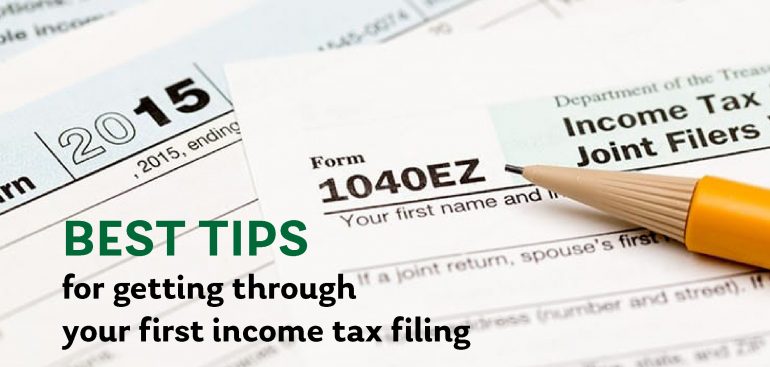In today’s economic climate, saving to secure your financial future is essential. Contributing to a retirement plan is a tax-efficient, tangible goal that will help ensure that you can live comfortably in your golden years. This blog will cover the tax benefits you can achieve from contributing to a 401(k).
Tax Benefits of a 401(k)
The 401(k) came about somewhat accidentally. Congress passed the Revenue Act of 1978 (in that same year), which included a provision – Section 401(k). This provided employees a tax-free way to defer compensation from bonuses or stock options. Since the law went into effect on 1 January 1980, it has become one of the most common retirement plans in the United States—along with Individual Retirement Accounts (IRAs).
There are two versions of this employer-sponsored retirement plan. Both offer tax benefits. However, each is taxed differently:
- The tax-deferred 401(k) – which has several variations
- The Roth 401(k) – which was introduced in 2006
If an employee signs up for a 401(k), they agree to have a portion of each paycheck paid into an investment account. The person’s employer can then match the employee’s contribution in part or in full.
The tax-deferred 401(k)
A traditional tax-deferred 401(k) plan has the following key tax benefits:
- You could pay less income tax. Because your “pre-tax” dollars make up your contributions, you will be lowering the amount of income you need to pay taxes on.
- Contributions and earnings are tax-free until withdrawal. No taxes are due on the monthly contributions or the earnings your savings accrue. You are only taxed when you withdraw the money (usually in retirement)
The Roth 401(k)
A Roth 401(k) has the following key benefits:
- No taxes are due when you withdraw. Unlike a traditional 401(k), contributions to a Roth 401(k) are deducted from an employee’s after-tax income. After paying your income taxes, you can deduct your pension. No additional taxes are due on your contributions or earnings when you withdraw the money in your retirement.
- Taxpayers have the option of funding both a Roth 401(k) and a tax-deferred 401(k).
With the Saver’s Credit, formally called the Retirement Savings Contributions Credit, your contributions to a qualified 401(k) could lower your tax bill more depending on your income and filing status.
Georgen Scarborough Associates, PC, is an organization of certified public accountants that can provide tax preparation for individuals, families, estates, and trusts. For assistance with your taxes, contact us today at (703) 319-3990 or email us at kathy@gsacpa.com to learn more about what we can do for you.



